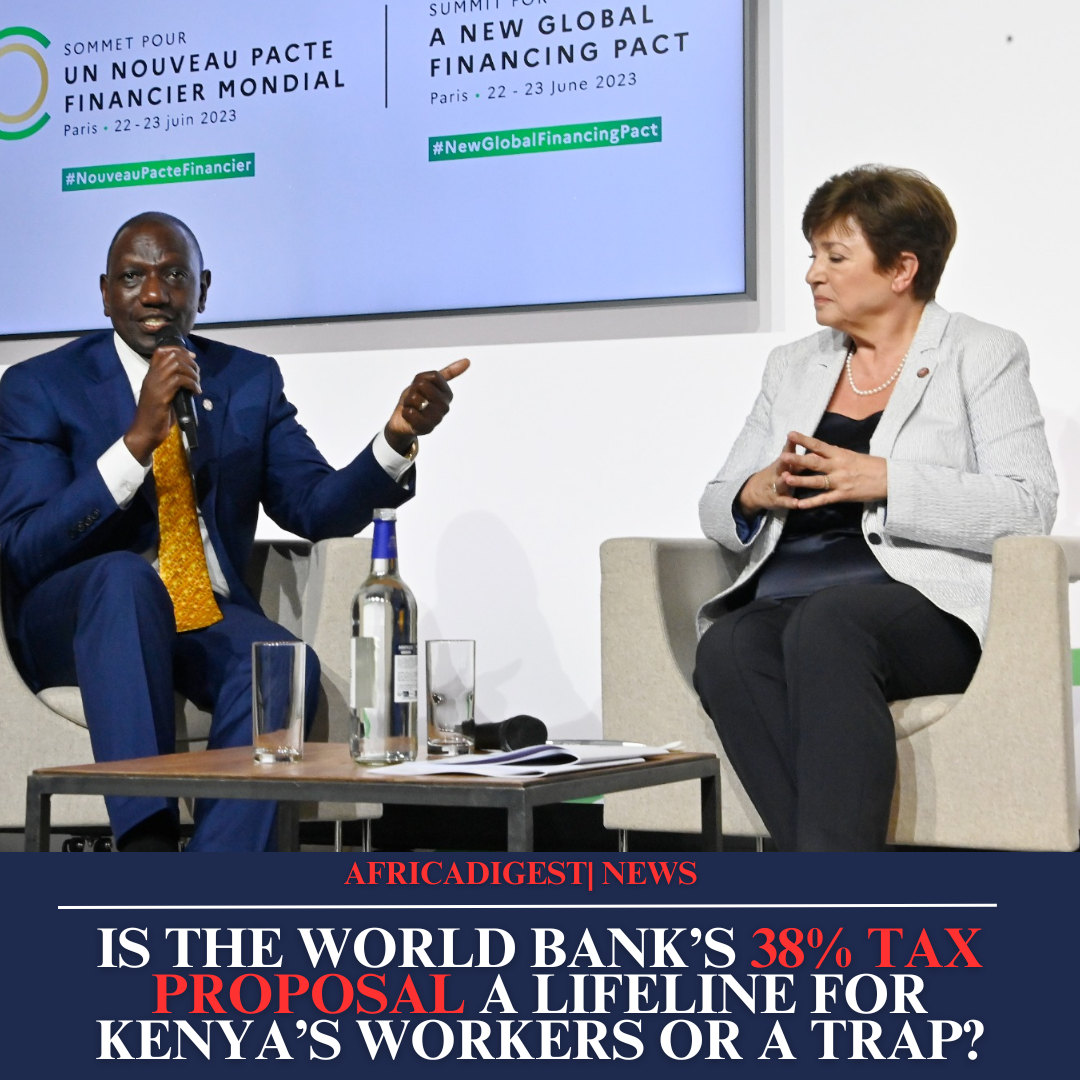Imagine you’re a Nigerian nurse in Chicago or a Kenyan student in Atlanta, saving every dollar to send home for school fees in Lagos or medicine in Nairobi.
Now, the U.S. government wants a 5% cut from every cent you send. Introduced on May 12, 2025, “The One Big Beautiful Bill” threatens millions of African immigrants with a new tax on remittances. From Kenya to Ghana, this policy could strain families across the continent.
The Faces Behind It: Who’s Impacted?
This 5% excise tax targets 40 million non-citizens in the U.S., including 1.5–2 million Africans: Kenyans, Nigerians, Ghanaians, and more.
If you’re not a U.S. citizen, every transfer via M-Pesa or Western Union gets taxed. This hits families hard: rural Kenyans buying seeds, Lagos traders starting businesses, or students at Makerere needing tuition.
U.S. citizens get a tax credit, but African immigrants, legal or not, face a financial burden that feels like a penalty for family support.
The Core Issue: What’s at Stake?
The bill taxes remittances by non-citizens to fund U.S. border security and extend 2017 tax cuts. Sending $100 to Ghana or Ethiopia means $5 less for essentials like food or school fees.
In 2024, Africa received $53 billion in remittances. $20 billion for Nigeria, $4.2 billion for Kenya, and $4.7 billion for Ghana.
This tax threatens a lifeline that fuels homes and markets from Accra to Addis Ababa, hitting the poorest hardest.
READ ALSO:
Where Africa’s Startups Go From Here After the USADF Cut
The Timeline
Introduced by House Republicans on May 12, 2025, the bill aims for a vote by May 26, 2025, with possible enactment by July 4, 2025.
If passed, banks will collect the tax by mid-2025, impacting transfers during key times like December, when families in Harare or Nairobi rely on funds for holidays or school terms.
The Global Reach
The tax hits all international transfers from the U.S., including mobile money like M-Pesa in Kenya or Paga in Nigeria, bank transfers to Ecobank, and services like MoneyGram.
Collected in the U.S., it reduces what reaches Africa, where remittances drive 10% of Ghana’s GDP, 6% of Nigeria’s, and 4% of Kenya’s, matching major exports.
The Motives
The bill mixes economics and politics. It funds U.S. priorities without taxing citizens, using the $93 billion in 2023 remittances to raise billions.
It also aims to deter illegal immigration but unfairly hits legal immigrants like Ethiopian visa holders.
Politically, it appeals to voters ignoring immigrants’ $96.7 billion tax contributions in 2022. For Africa, this tax threatens survival: fewer books in Kisumu, less fuel in Kano.
The Fallout
A Kenyan sending $500 monthly loses $300 yearly, enough for school fees. Reduced remittances could stall boda bodas in Kampala or shops in Bahir Dar.
Some may use risky crypto transfers, but fraud continues to threaten. Critics call it “unfair”, citing double taxation. Africans must anticipate less money and more red tape.
READ ALSO:
Why Kenyan Startups Are Set to Lose Significant Funding from USAID Shutdown
Engaging Africa: What’s Next?
Africa must come together to address the challenges posed by reduced remittances and increased red tape.
It is crucial for African governments to advocate for fair treatment of their citizens living abroad and to find ways to ensure that the contributions of their diaspora are not limited by burdensome taxes and regulations.
Ronnie Paul is a seasoned writer and analyst with a prolific portfolio of over 1,000 published articles, specialising in fintech, cryptocurrency, and digital finance at Africa Digest News.



